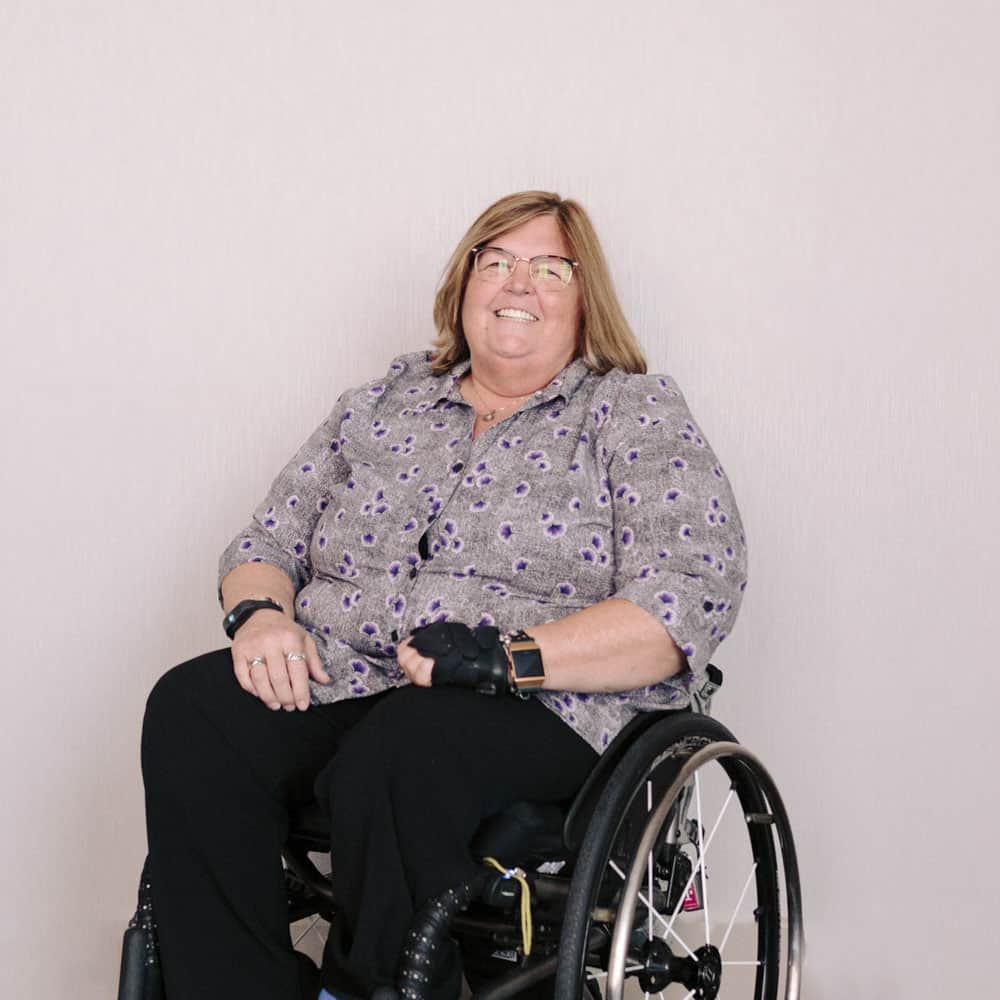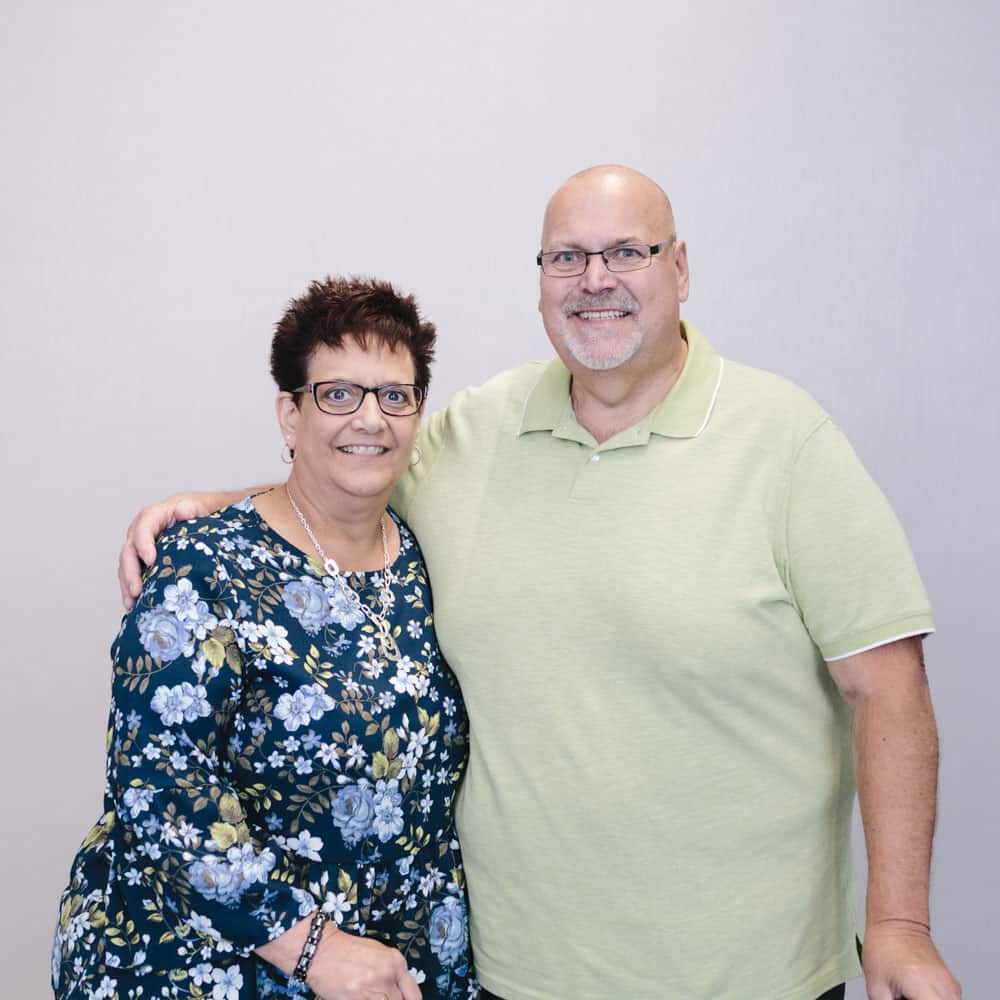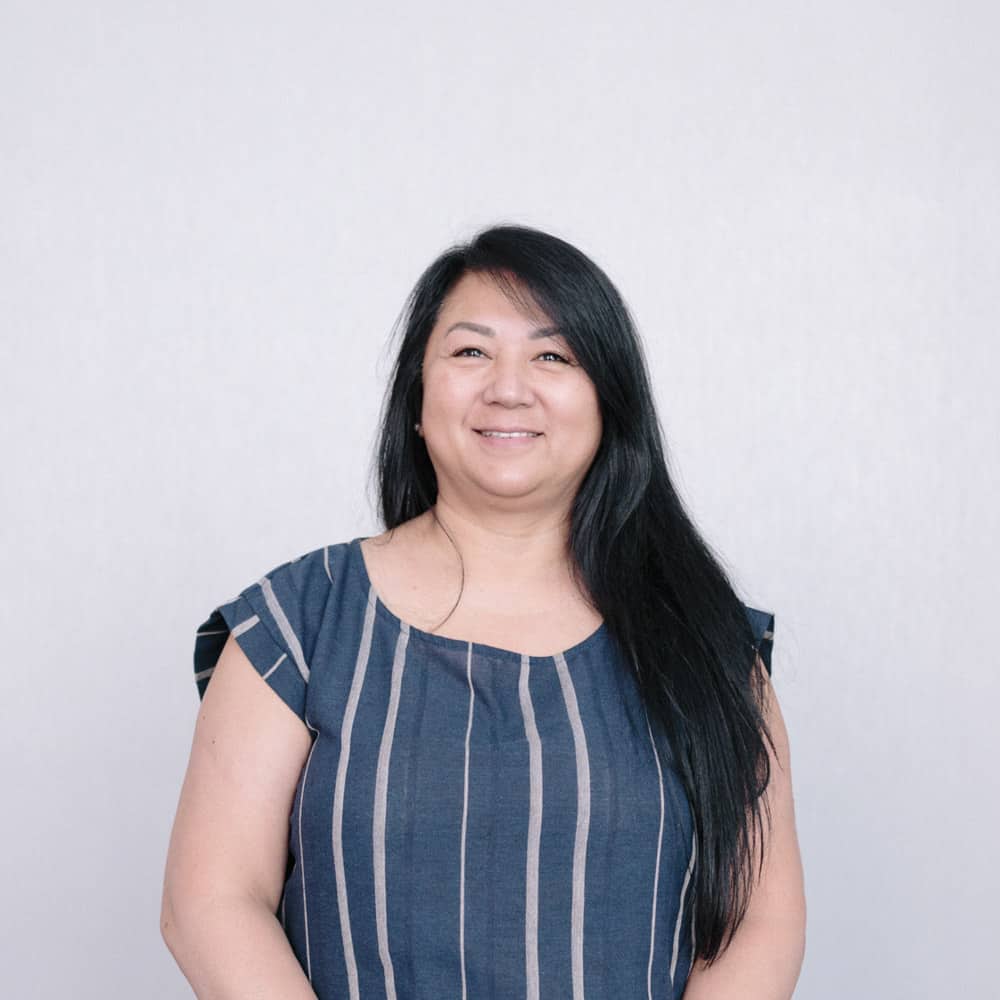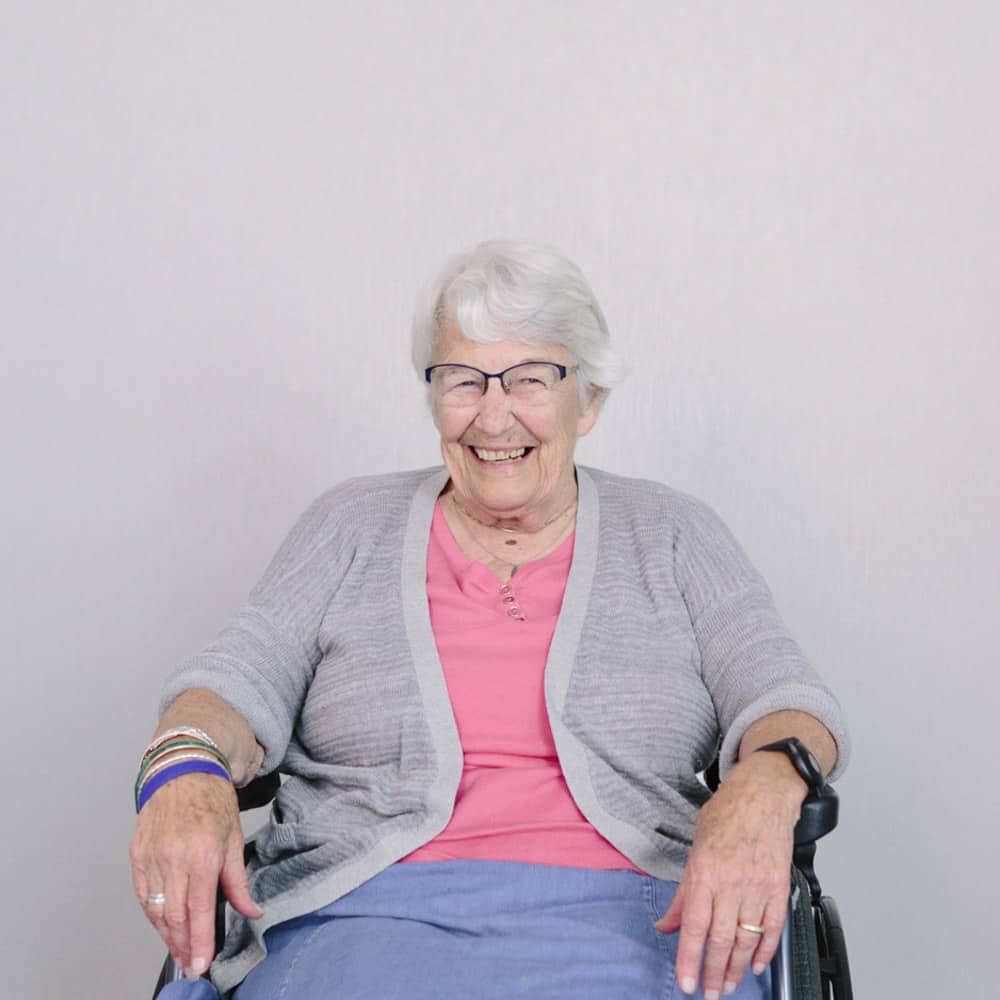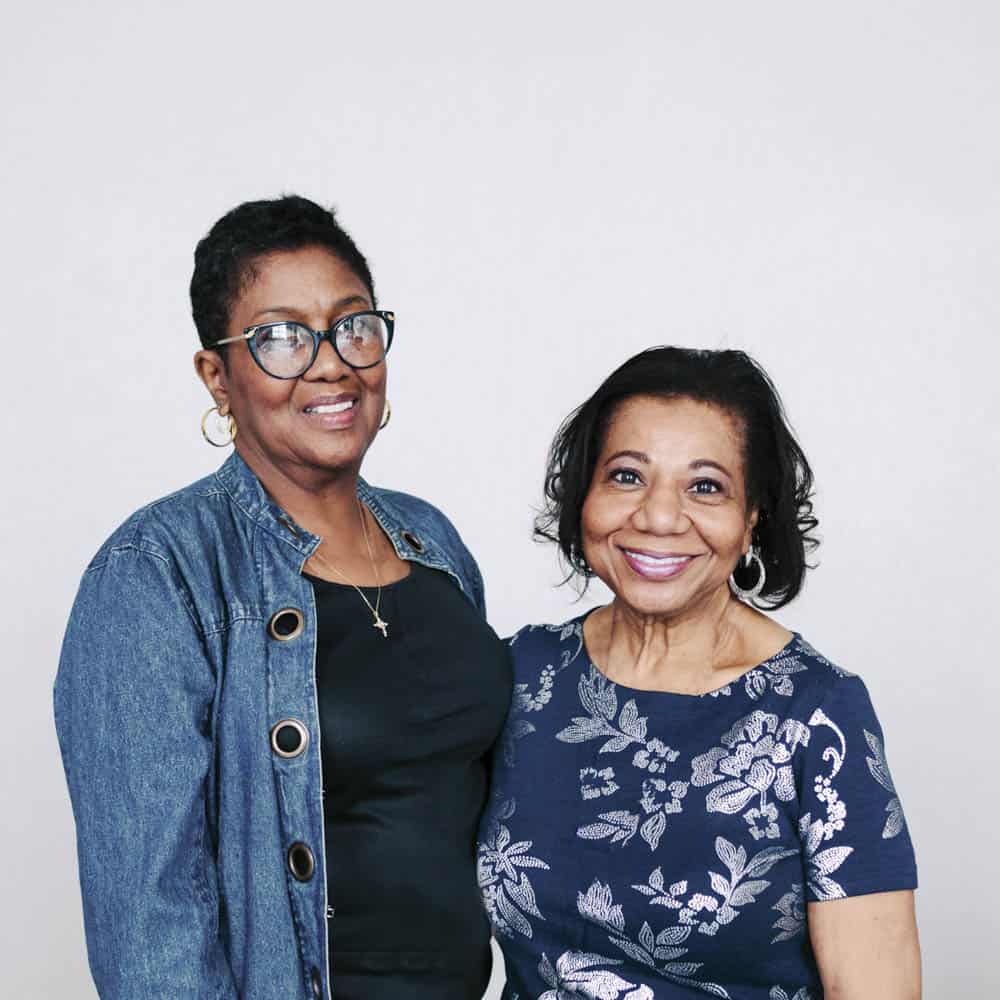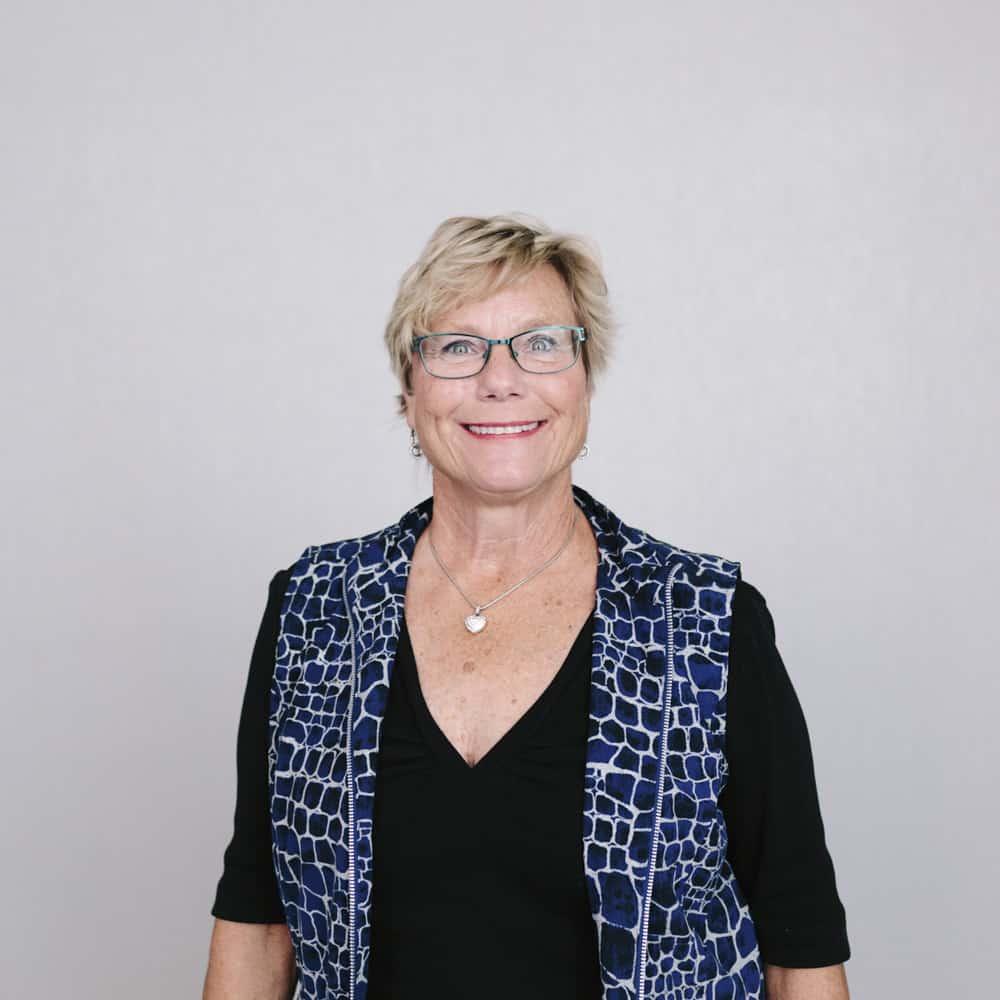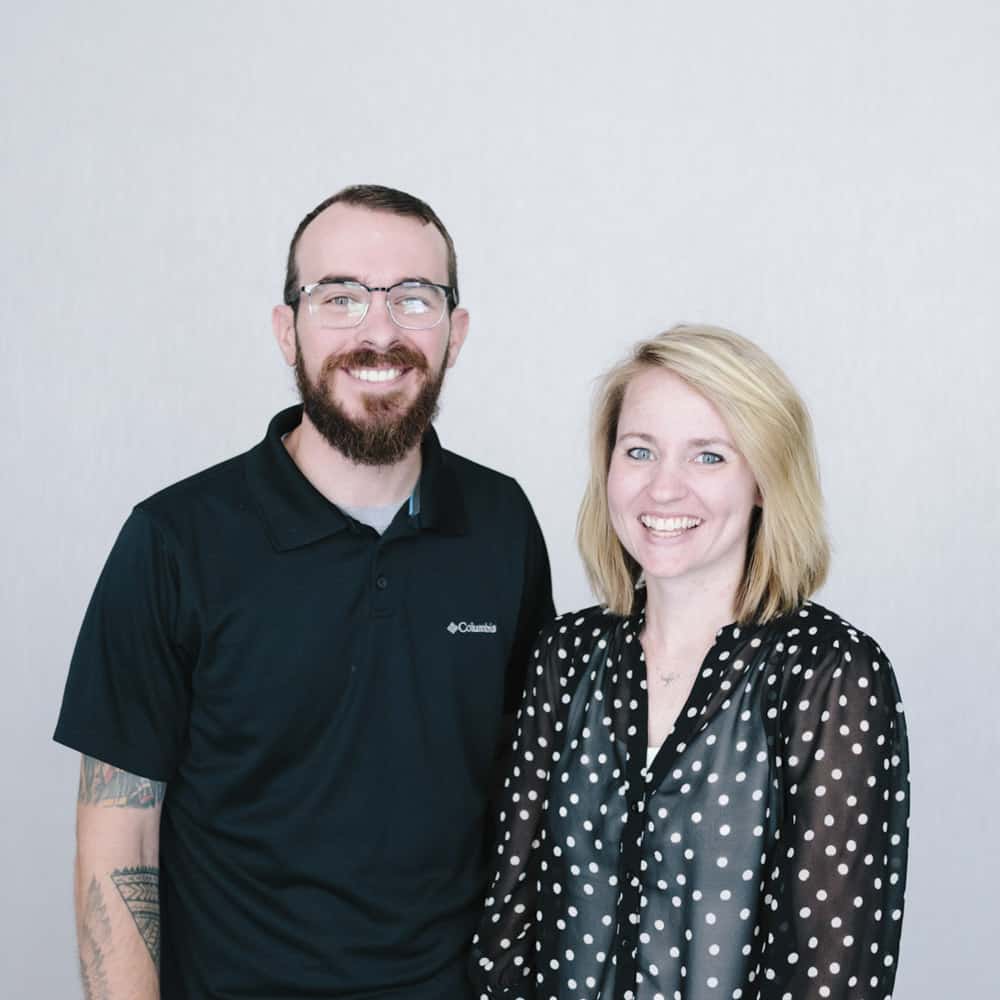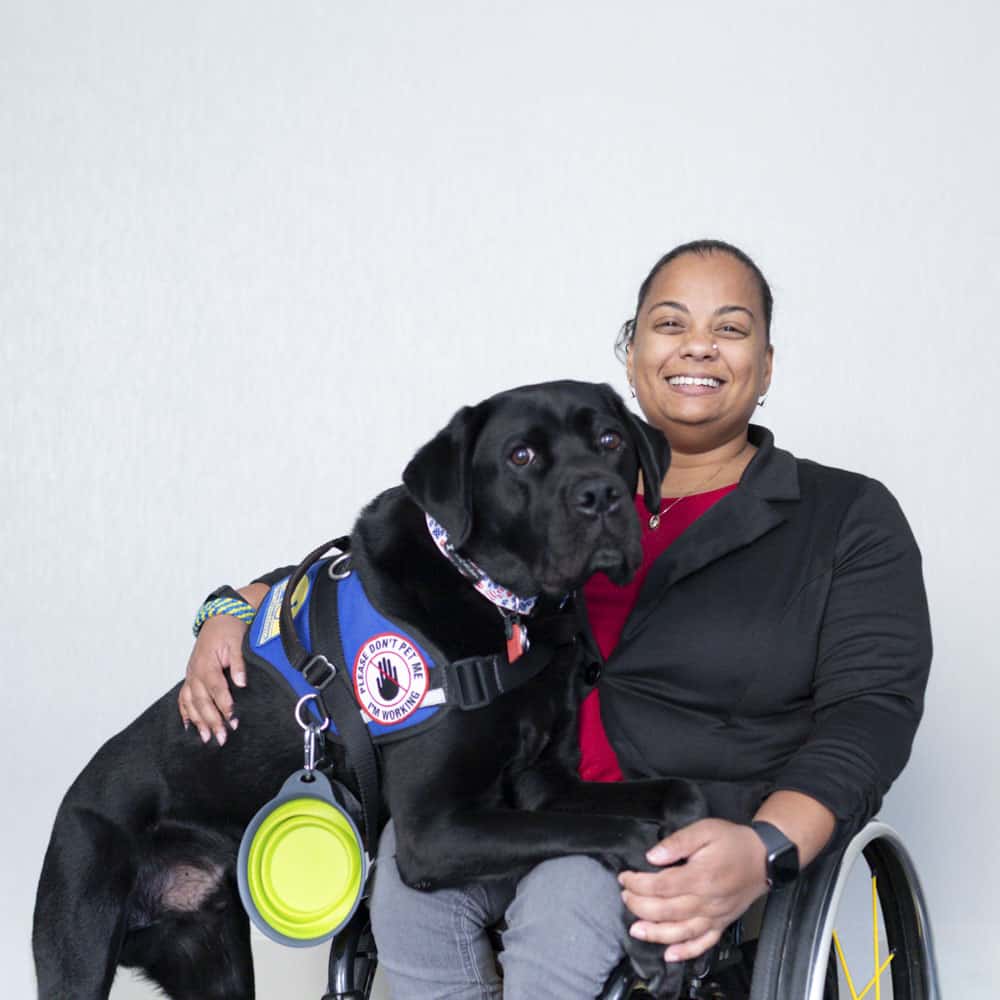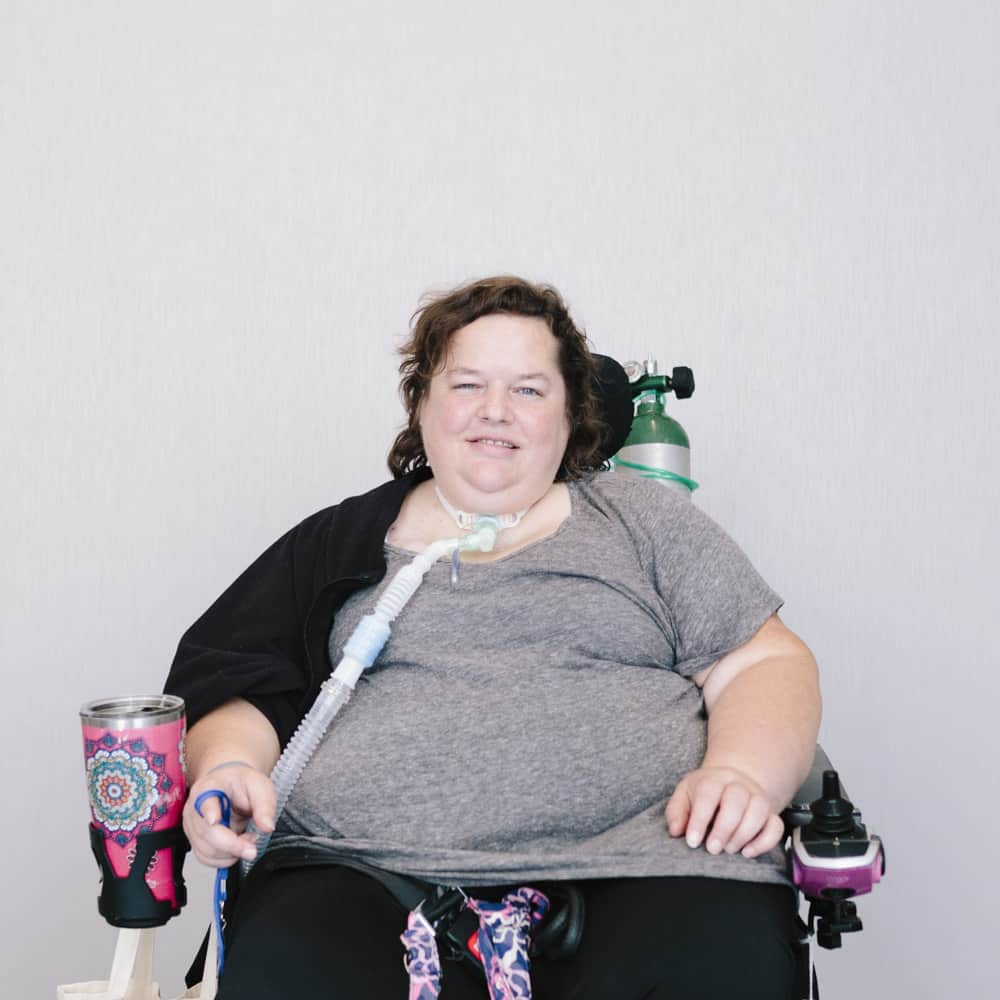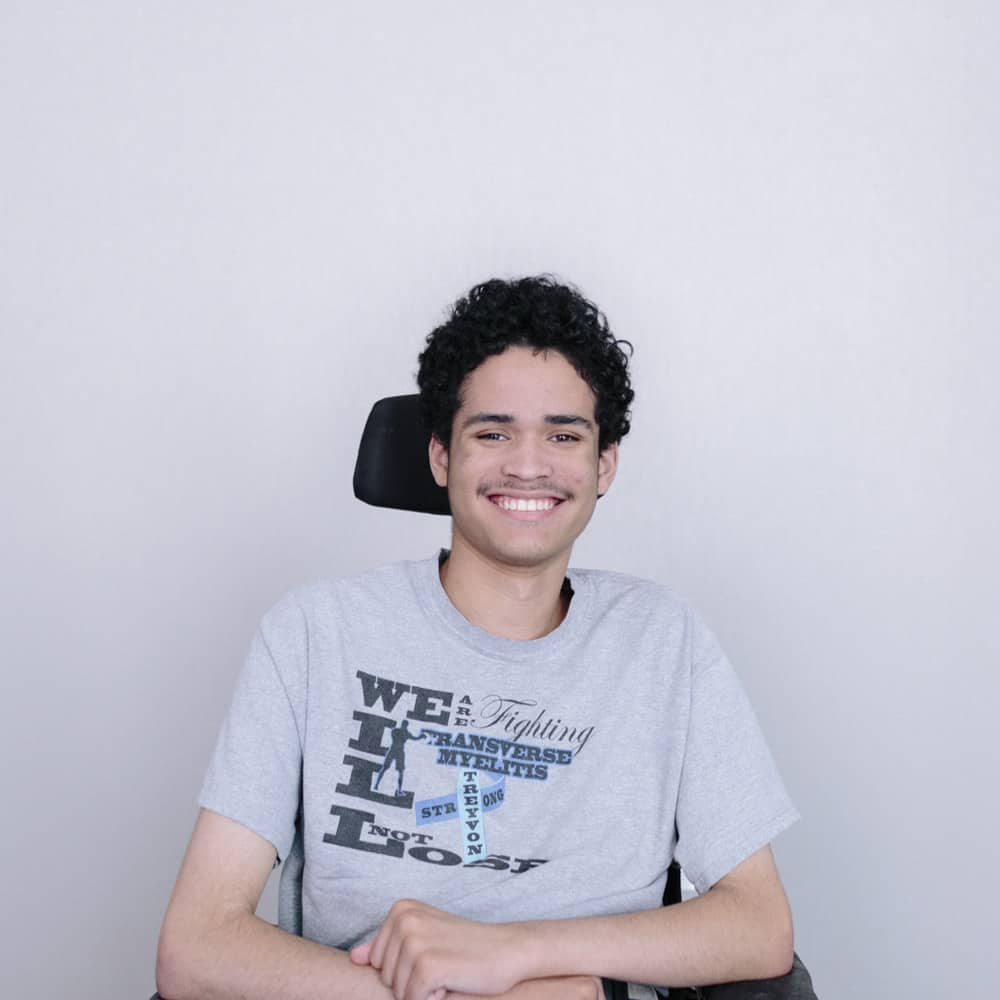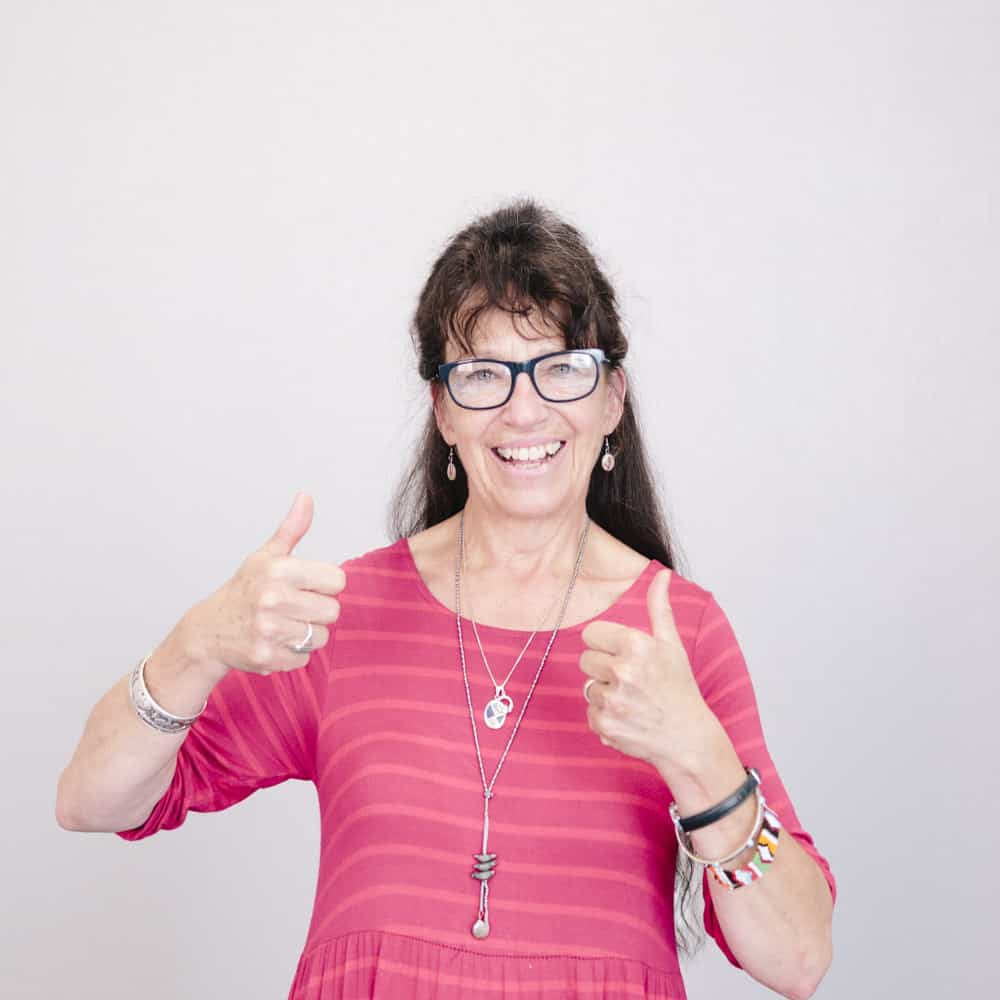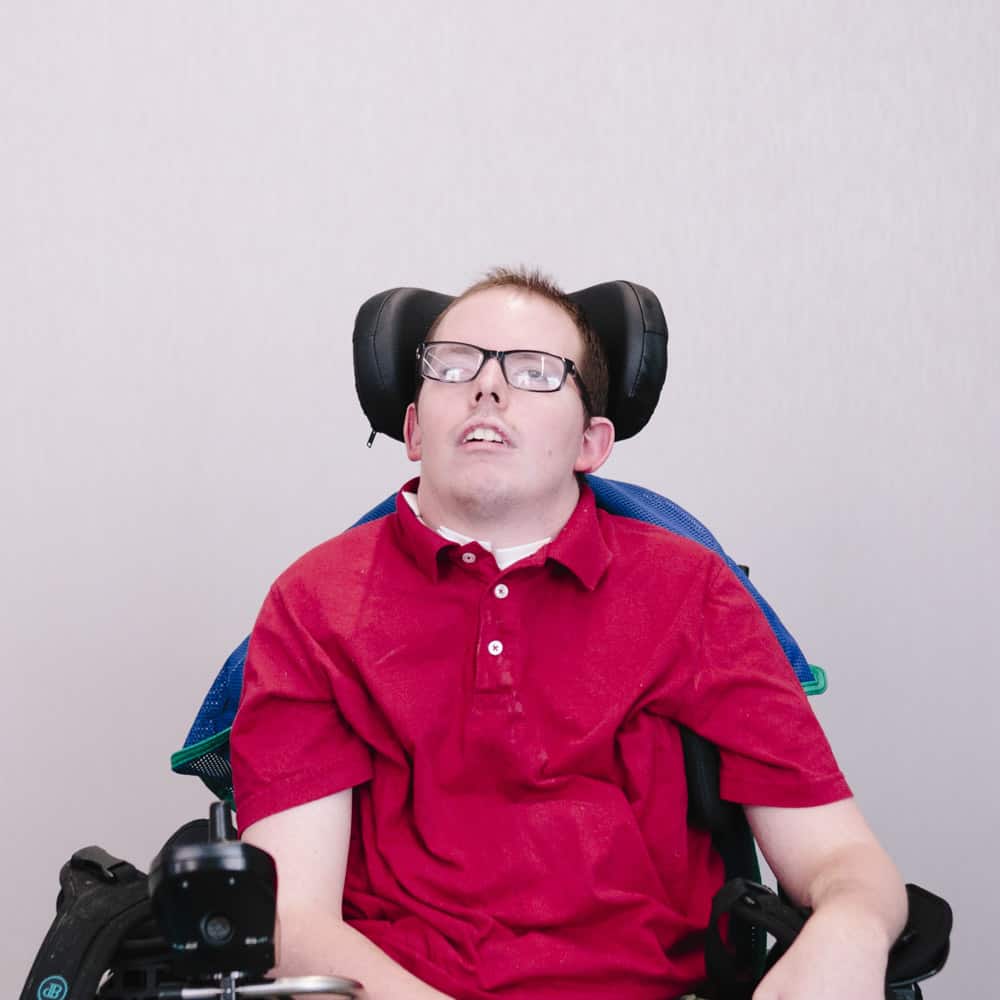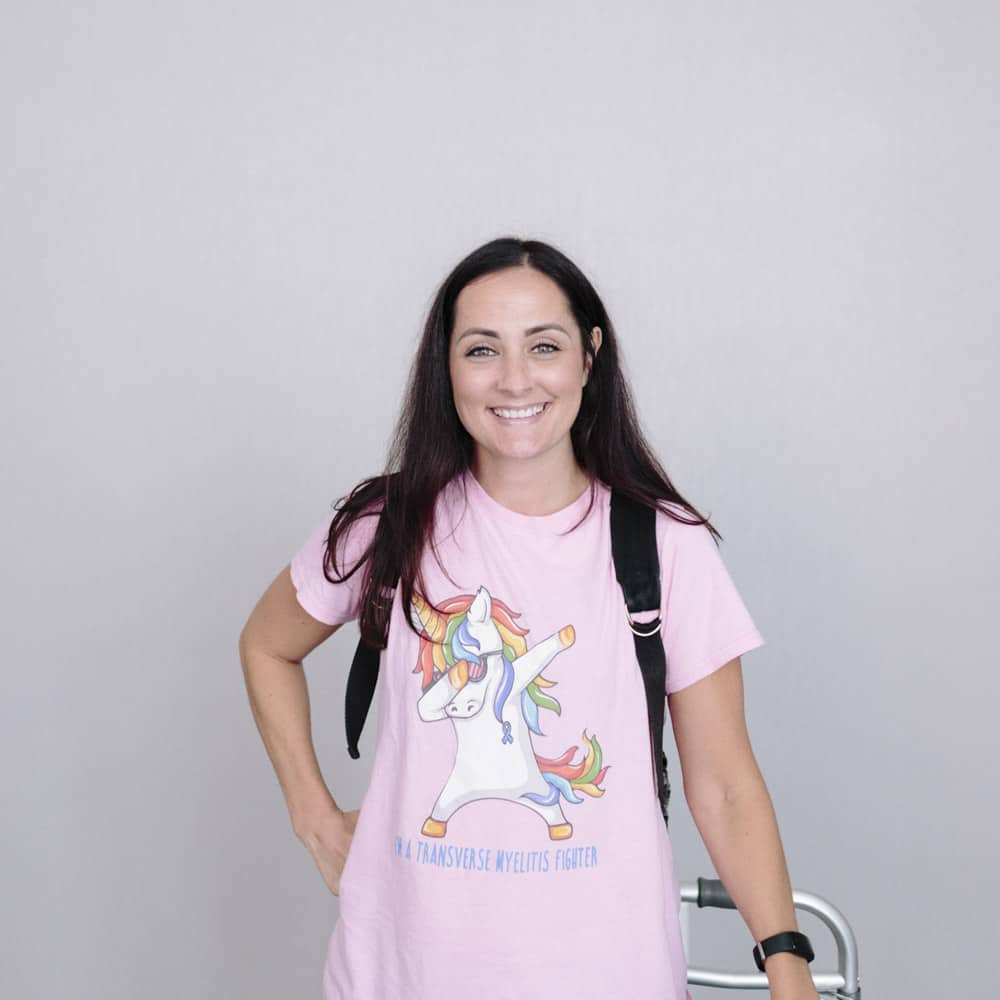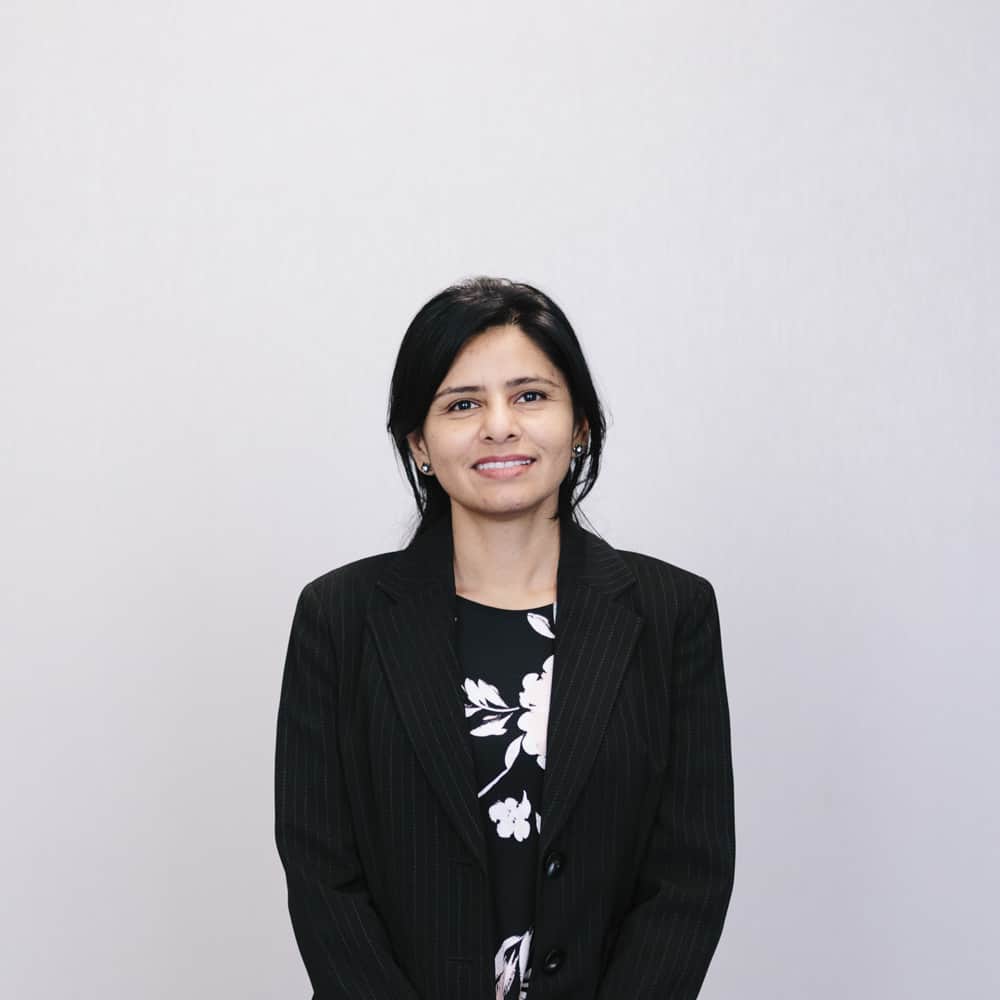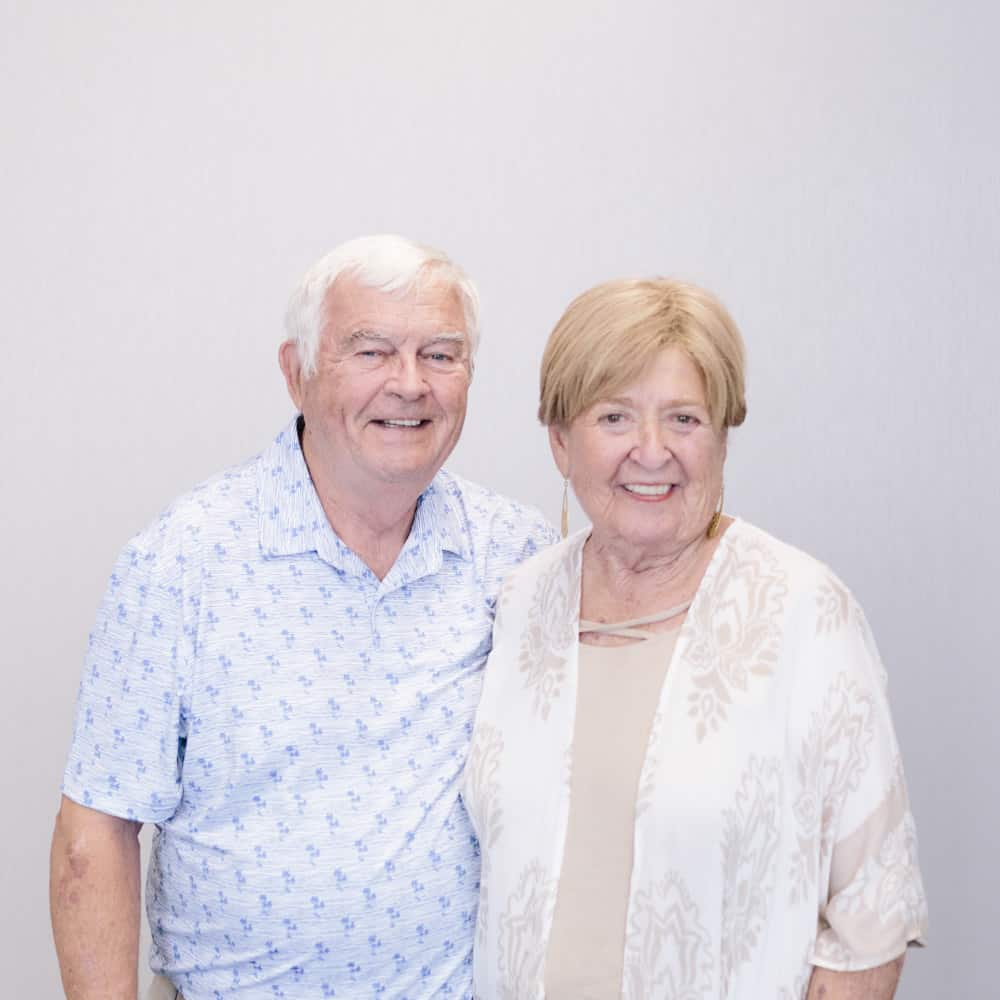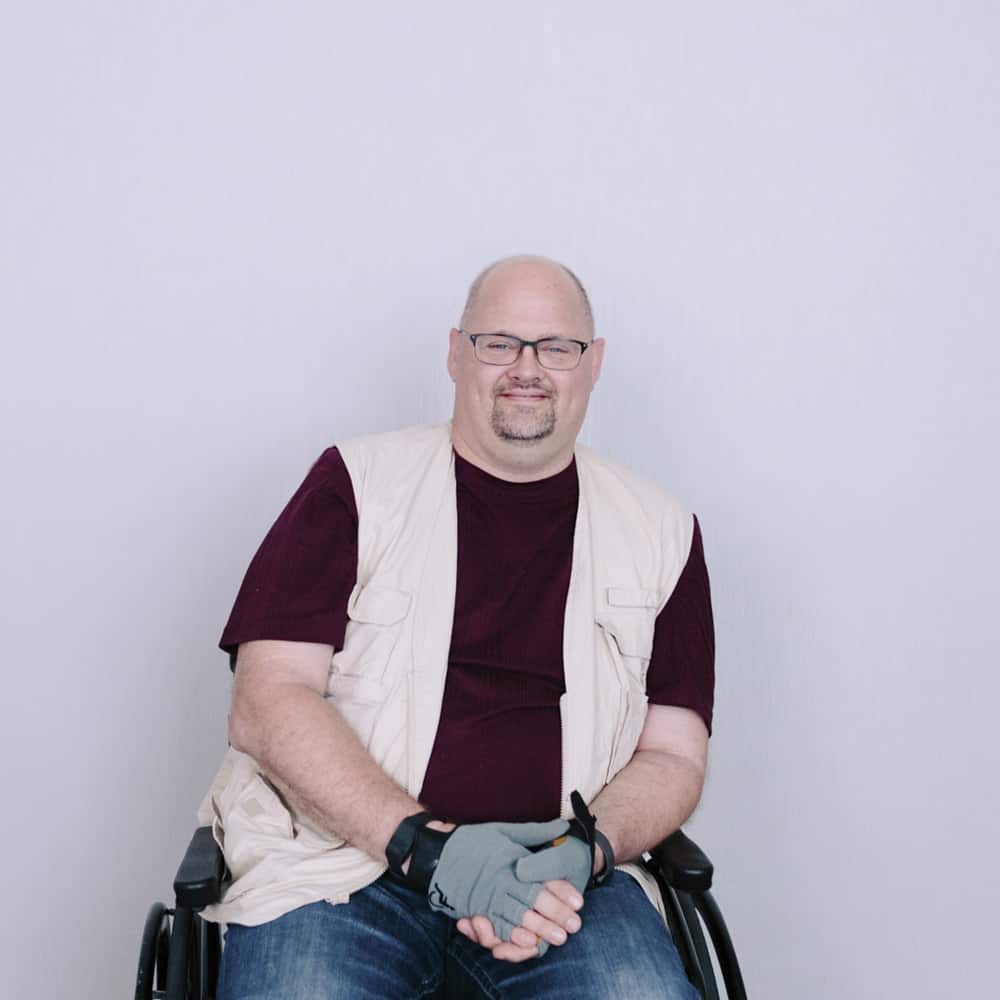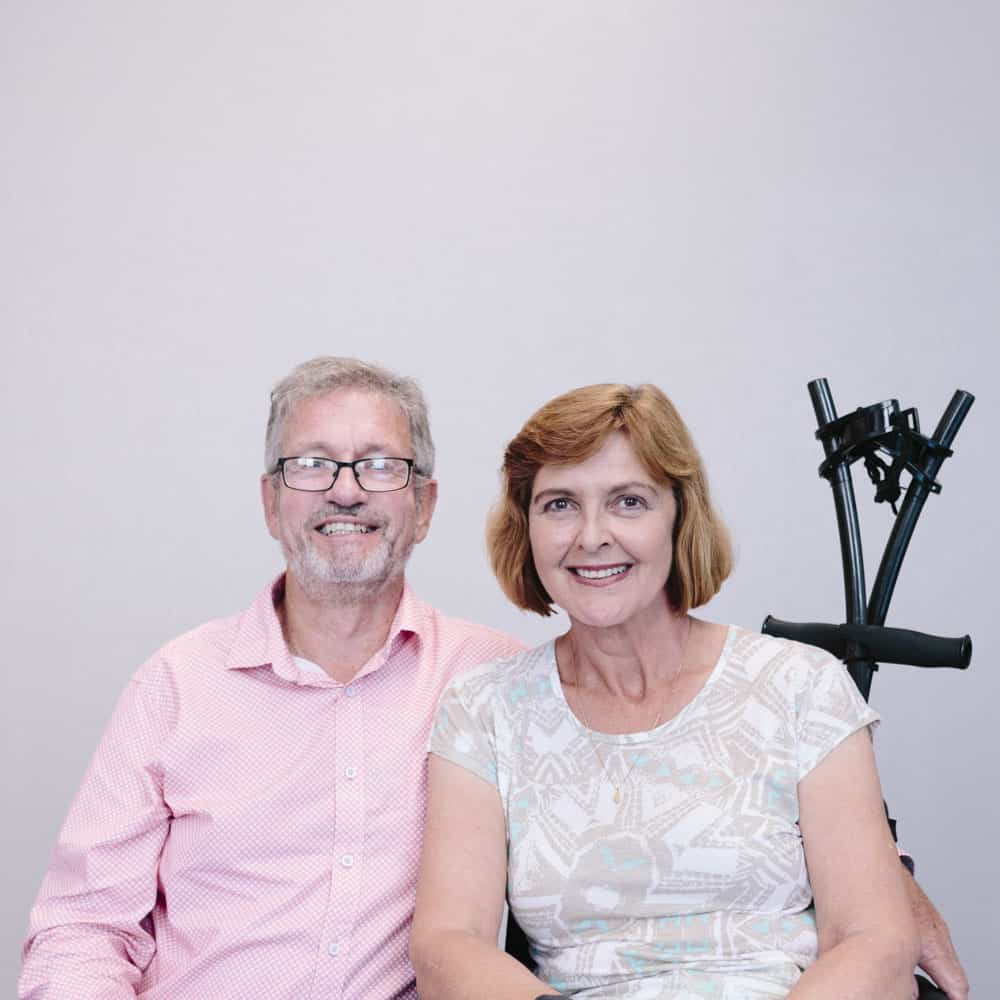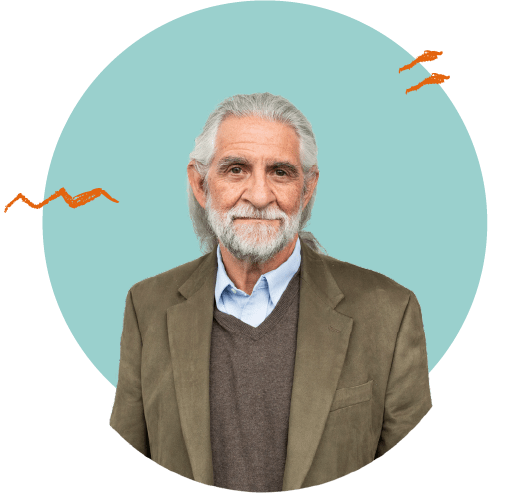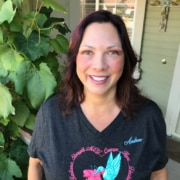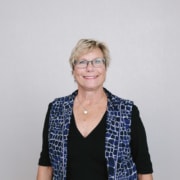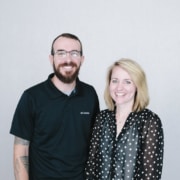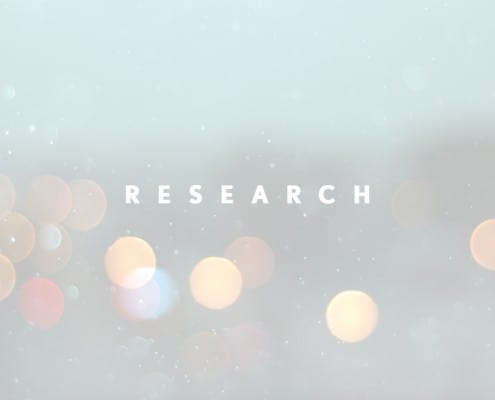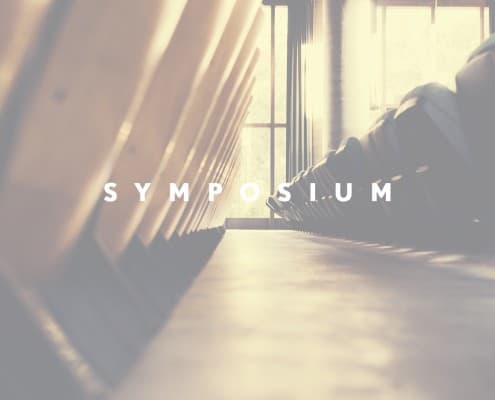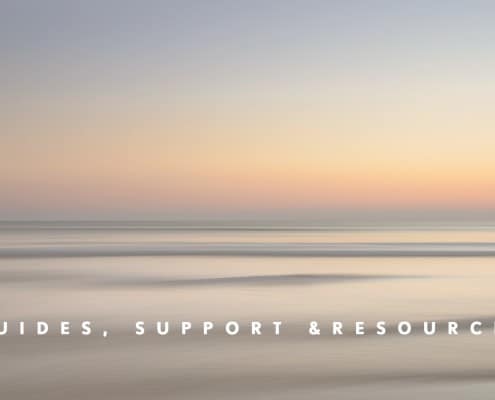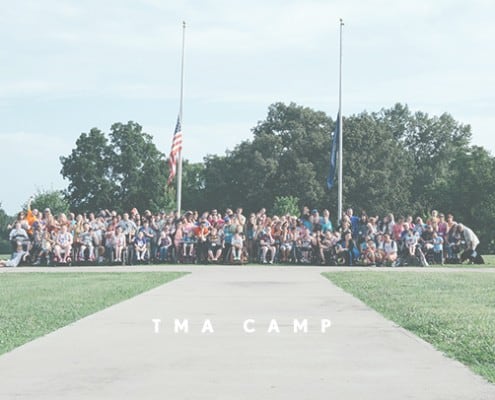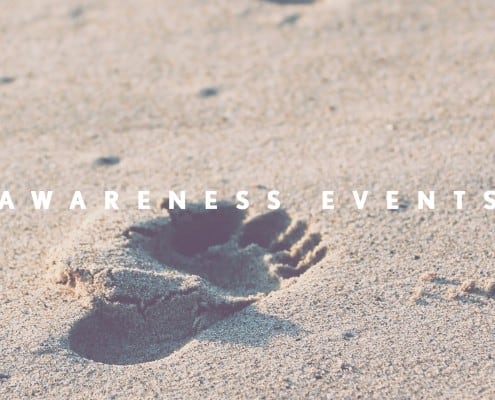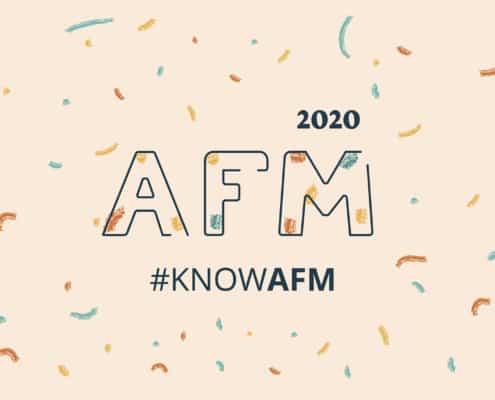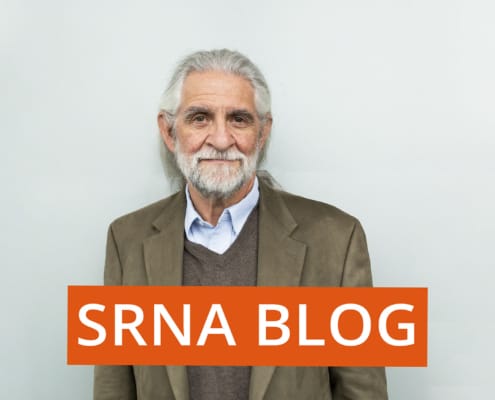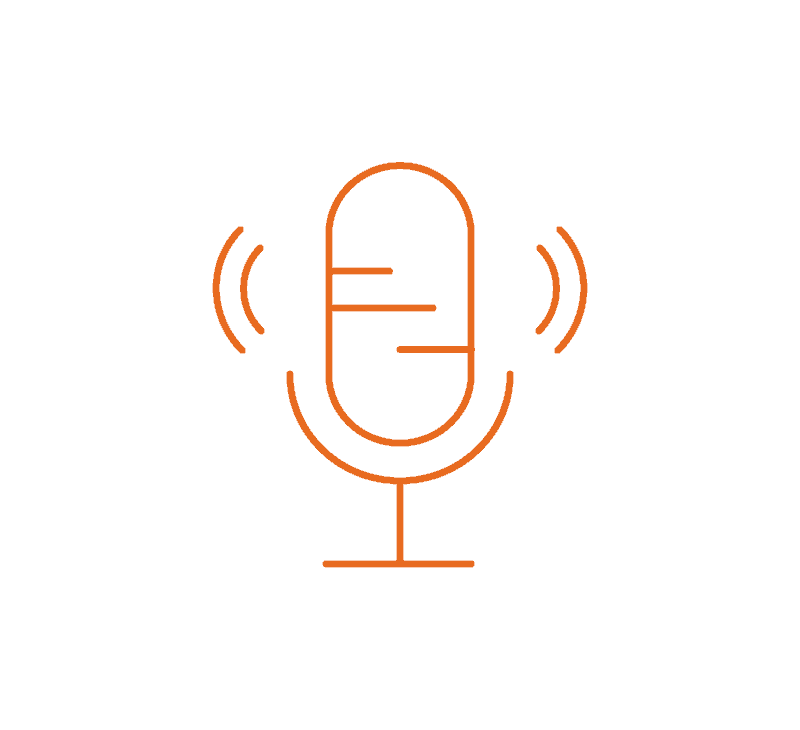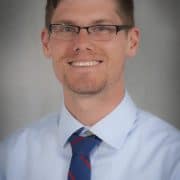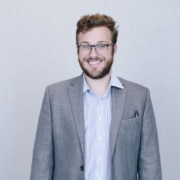 https://wearesrna.org/wp-content/uploads/2015/08/blog_own_words.jpg
999
1500
SRNA
https://wearesrna.org/wp-content/uploads/2025/02/[email protected]
SRNA2020-11-13 16:15:332020-11-18 18:35:55In Loving Memory of Kenney Hegland
https://wearesrna.org/wp-content/uploads/2015/08/blog_own_words.jpg
999
1500
SRNA
https://wearesrna.org/wp-content/uploads/2025/02/[email protected]
SRNA2020-11-13 16:15:332020-11-18 18:35:55In Loving Memory of Kenney Hegland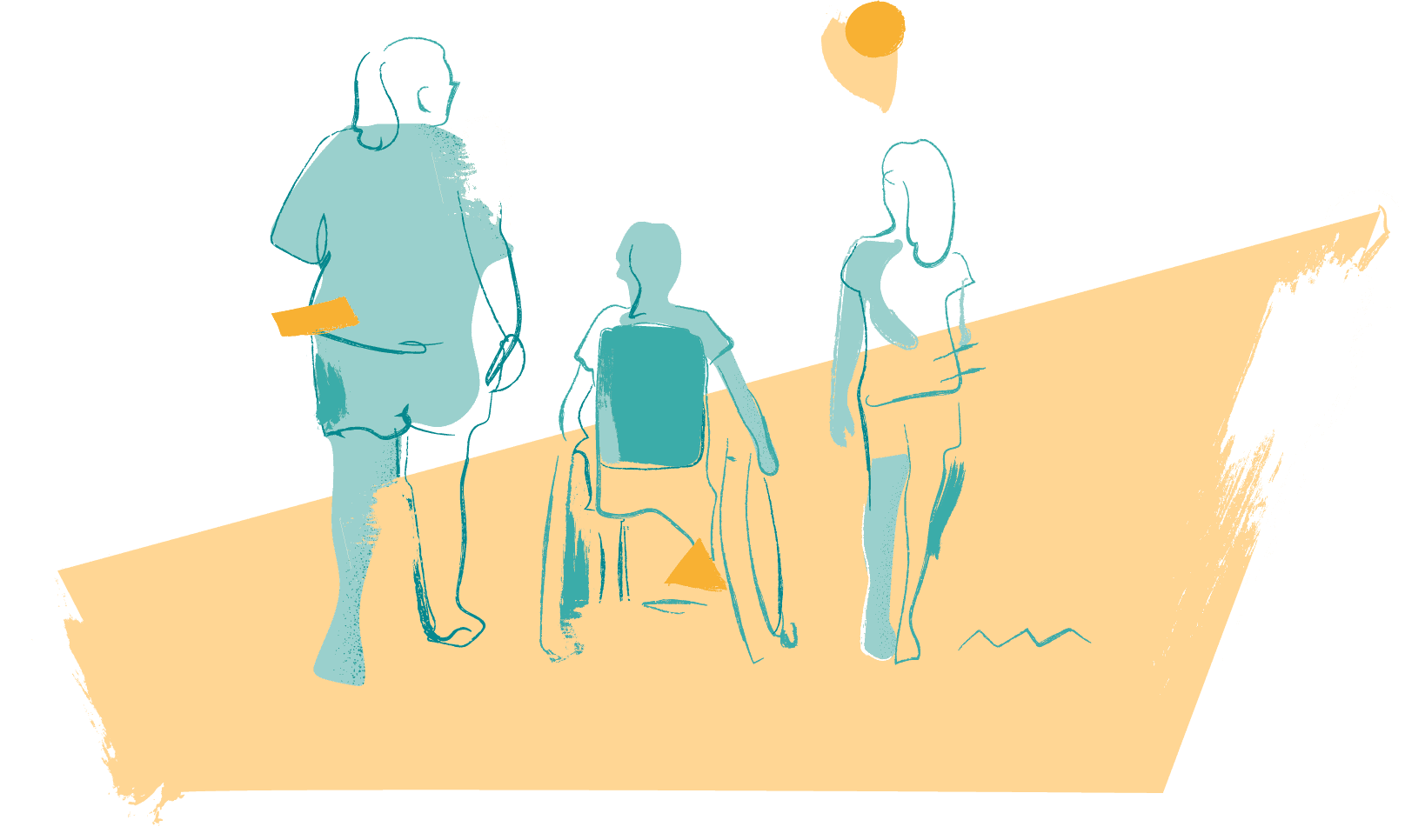
There has been no other year like it. I could list the events that have transpired since March 2020. I won’t. I hope you and your family are doing okay. We’ve all suffered loss over this past year. Some of those losses have been the most devastating. We think about all of you and we wish the best for you in all aspects of your lives, starting with your health and the health of your family.
I am proud to present the Siegel Rare Neuroimmune Association Annual Report to share all our activities, events, and accomplishments from 2020. I am so proud of the SRNA staff and our volunteers. In the face of such chaos all around us, we have remained focused on the work we perform for our community. SRNA staff have been remarkably creative in delivering services and programs. We have moved seamlessly into the virtual world to bring you education and support. We held our Quality of Life Family Camp, support group meetings, and the Regional Rare Neuroimmune Disorders Symposium virtually this year, and were able to reach people across state lines and globally. We were able to expand our podcasts and webinars this year, focus more on research, and were able to launch the ABCs of NMOSD podcast this year to educate our community. As so much of our lives and our concerns have been focused on the pandemic, we created a COVID-19 resource page and regularly update our information about SARS-CoV-2 (the virus that causes COVID-19) and its impacts on people with rare neuroimmune disorders. The interviews conducted by SRNA’s GG deFiebre with Dr. Benjamin Greenberg have become a critical resource for people who are making decisions about receiving the vaccinations. We are grateful to our members, sponsors, and partners for your support of our work.
Like all of you, my life over the past year was turned on its head. I am so looking forward to looking forward. Listening to the infectious disease and public health specialists, it is likely that our society and our communities and our lives will slowly but progressively be able to open and expand safely. We will still need masks. We will still need to be aware of social distancing. We will still need to be diligent about washing hands. But slowly we will get our lives back. It is also likely that throughout 2021, our programs are going to remain virtual until it is entirely safe to travel. Let’s hope that we can see each other again, at support group meetings, at our symposium, and at camp in 2022.
While the focus of this Annual Report is all the work we accomplished in 2020, our focus for this coming year is to grow the SRNA Registry. I have been doing this work for more than 25 years. My greatest disappointment and frustrations have been just how little we’ve learned about idiopathic TM and ADEM over that period. Great strides have been made in NMOSD. MOGAD and AFM have been very recent discoveries. The only way for the medical world to understand ADEM, AFM, MOGAD, NMOSD, ON, and TM, is for you to be willing to share information about your experience. With greater understanding, better acute treatments, more effective long-term treatments, and then ultimately, cures, could be possible. In my mind, cure means that we know enough to avoid the first attack before it happens. That will require us to learn and understand so much more than what we know today. The SRNA Registry is a great way for us to move this critical process of understanding forward – on ALL the rare neuroimmune disorders under our umbrella. Your investment in this project would be about 45 minutes of your time through sharing your experiences. As we learn more, we hope to follow your experiences over time. We need to help medical researchers who are studying these rare disorders.
I urge you to get involved in the critical work SRNA is doing. Please do this for our community and for yourself!
I hope to see you and my mother and my grandchildren sometime soon. Please take good care of yourselves and each other.
Sandy
Our Mission
The Siegel Rare Neuroimmune Association (SRNA) advocates for, supports and educates individuals and their families diagnosed with acute disseminated encephalomyelitis, acute flaccid myelitis, MOG antibody disease, neuromyelitis optica spectrum disorder, optic neuritis, and transverse myelitis, and accelerates and invests in scientific research, therapy development and training of clinician-scientists dedicated to these disorders. Our end goal is to improve the quality of life of individuals with rare neuroimmune disorders and redouble our commitment to finding a cure. Together.

From
121 countries
Connect
Being diagnosed with a rare neuroimmune disorder can be isolating. These disorders are rare, and many people in our community have never met someone else with a rare neuroimmune disorder. Our mission at SRNA is to connect people with ADEM, AFM, MOGAD, NMOSD, ON, and TM with one another. We bring people together through our Walk-Run-N-Roll events, where people can bring their friends and families together and raise awareness for these disorders. We also connect through our Support Group Network, where 32 volunteers lead support groups. We connect by sharing stories through our Hope Ambassador program and our Blog. Finally, our annual Quality of Life Family Camp brings together children diagnosed with rare neuroimmune disorders, their families, and medical specialists for an unforgettable camp experience at the Center for Courageous Kids.
Advocacy is a joint effort. It requires a dedicated community of people that believe things can be different, that change is possible. We at SRNA want to enable this positive change by empowering our community members to become better advocates for themselves and those around them. One of our main awareness initiatives, SRNA’s Walk-Run-N-Rolls (WRNR), started when Colleen Spaeth, our community leader in New Jersey, led the first walk in 2012 with her family to bring together the local community to raise awareness, meet others, and share experiences. We have learned about compassion, leadership, empathy, and resilience from the 45 Walk-Run-N-Rolls that have taken place since 2012.
In 2020, we learned even more about the importance of these events as we canceled events due to the pandemic and pivoted to a virtual experience for all but one of our scheduled Walk-Run-N-Rolls. Our last in-person event of the year took place at the Arizona WRNR in February 2020 where we celebrated Rare Disease Day with a dedicated community of those diagnosed with rare neuroimmune disorders, their family and friends, sponsors, and medical professionals. The 2020 Wisconsin WRNR was our first foray into virtual event planning — where participants could walk, run, or roll from the safety of their home and then come together with others on the day of the event via Zoom. These two events raised more than $33,000 to support us in our mission. We have shared stories, learned about scientific advances, but most importantly, looked forward to these events as a way to become better advocates for ourselves and our community.
At a Glance
2
Virtual Walk-Run-N-Rolls held
> $65,800
raised in virtual walk-run-n-rolls and other online fundraisers
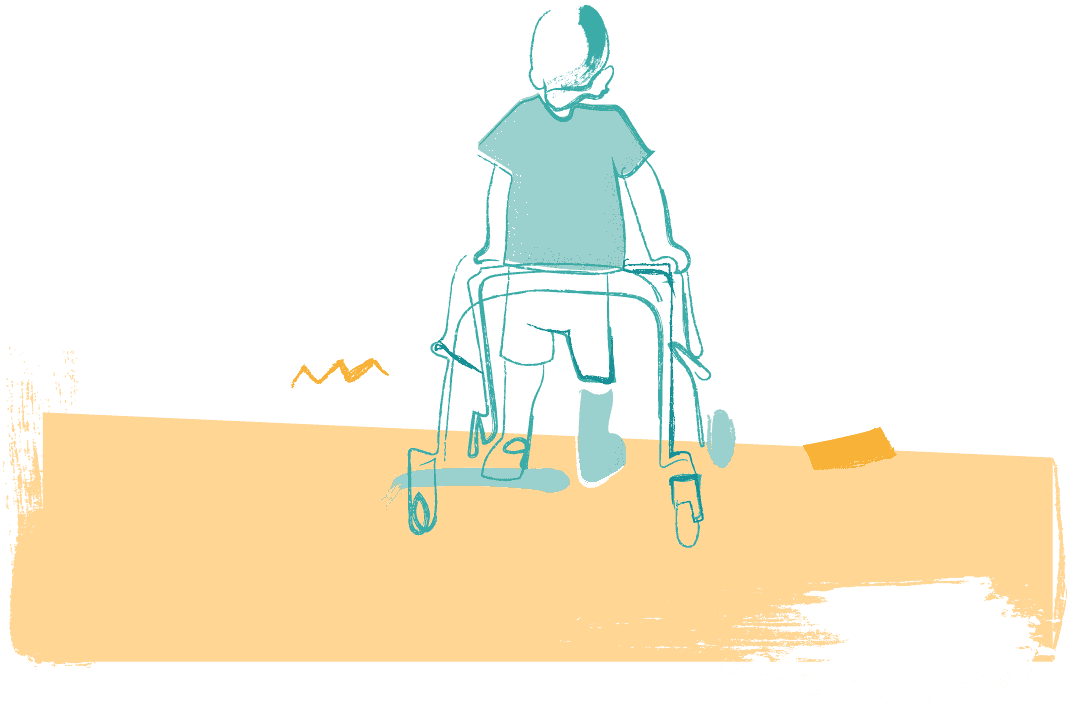
Recovery from a rare neuroimmune disorder is often a long and difficult process. The person diagnosed may experience changes and frustration with their body, or a sense of grief over what they can no longer do the same as before, which can be isolating. Connecting with other individuals diagnosed with a rare neuroimmune disorder, or connecting caregivers and loved ones to one another, can be a powerful way to combat this sense of isolation. As an organization, we offer opportunities for personal connections. And despite the challenges of 2020, our staff and volunteers found new ways to grow these connections.
Our Support Group Network has more than 30 national and international support group leaders. Many of these leaders devoted themselves this past year to virtual meetings and we were able to reach more people than ever before. Our online groups saw increased participation as we were no longer limited to brick-and-mortar meetings. More than 350 members from 27 states and 7 countries signed up to attend one of our meetings. In addition, we piloted a new Peer Connect Program that matches people one-on-one with a mentor who can connect to their lived experience with a rare neuroimmune disorder. We are excited to see this program grow in 2021 to reach even more people.
Being able to speak with someone who truly understands what it’s like to live with one of these disorders can make a huge difference. Whether it’s forming a new friendship or learning about a new resource from a personal connection, a support group meeting can offer hope to someone that they are not alone. We are in this together.
At a Glance
24
Support Groups
37
support group meetings held in 2020
> 356
people signed up to attend a support group meeting in 2020
Each month, through our Hope Ambassador program, we share the story of a member of our community who has been affected by a rare neuroimmune disorder. Each story helps connect our community through shared experiences and raises awareness for these disorders. Our Hope Ambassadors serve as beacons of hope for the future and provide our community comfort in knowing that they are not alone. We have over 130 hope ambassadors diagnosed with ADEM, AFM, MOGAD, NMOSD, ON, and TM.
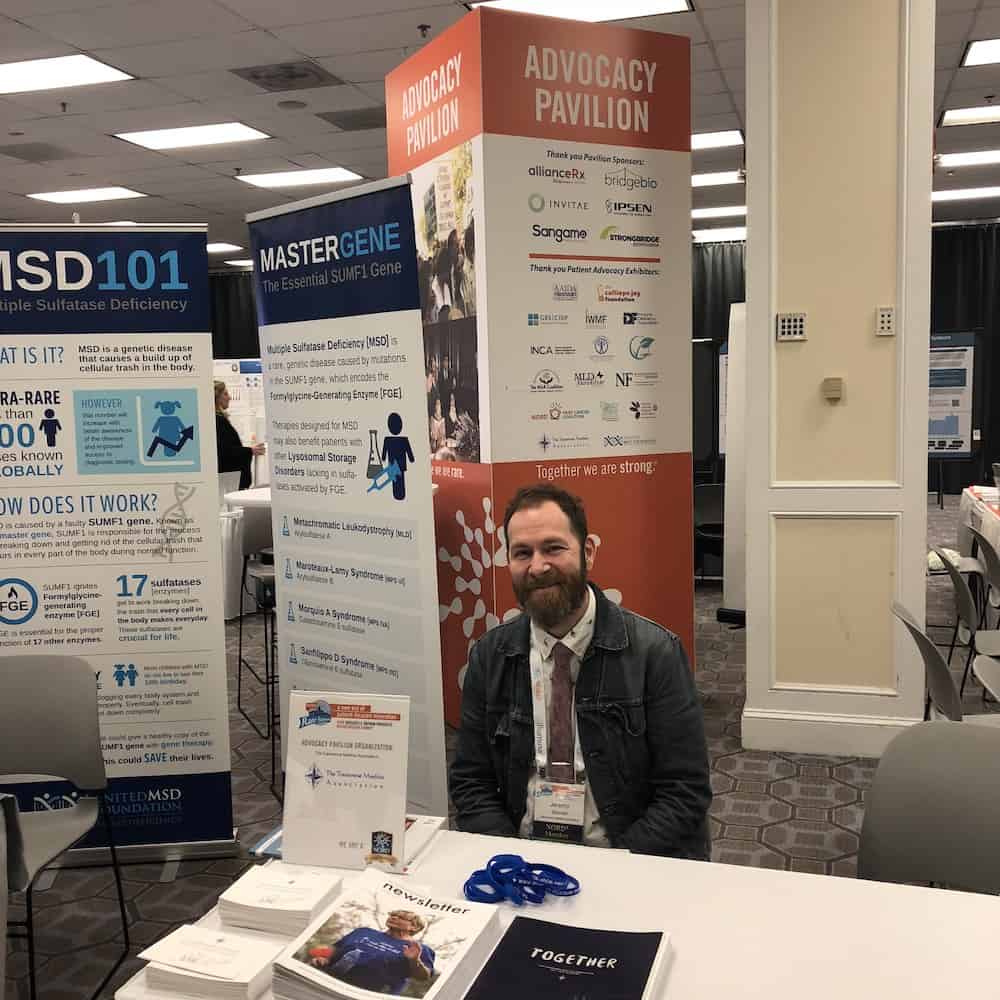
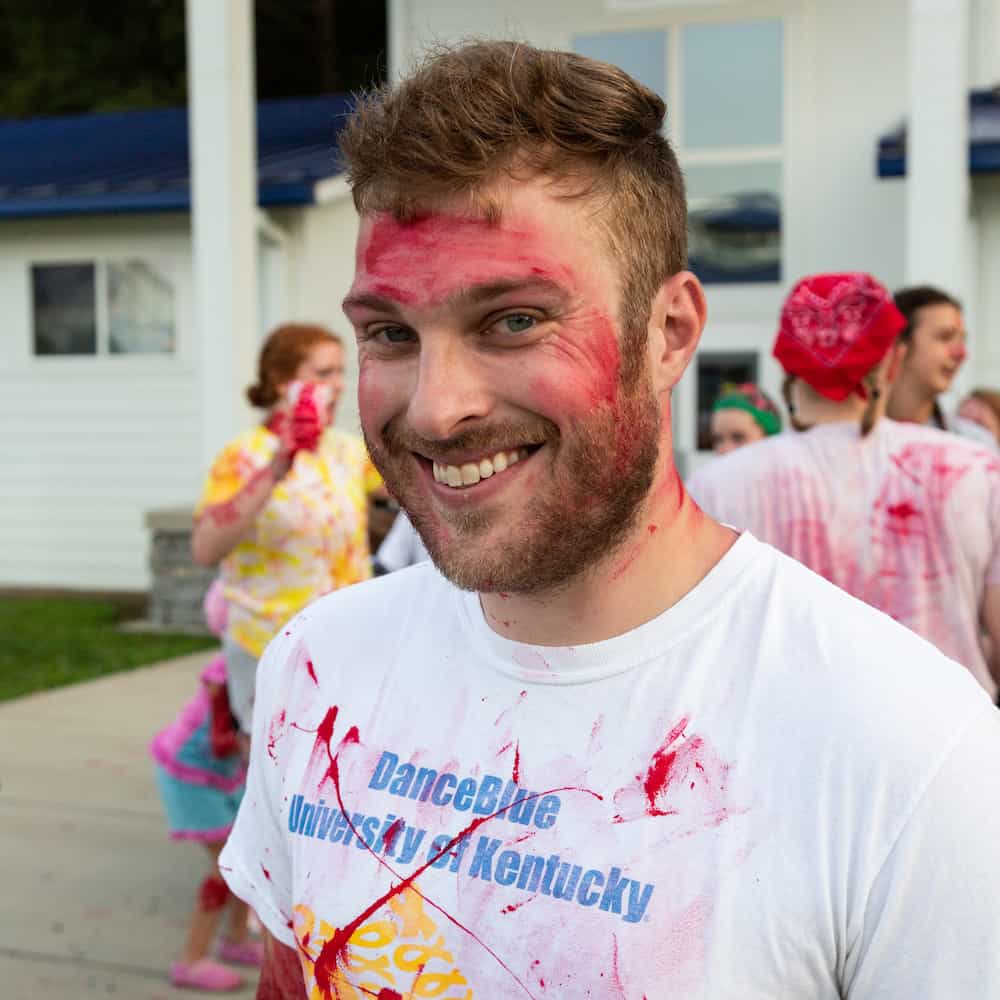
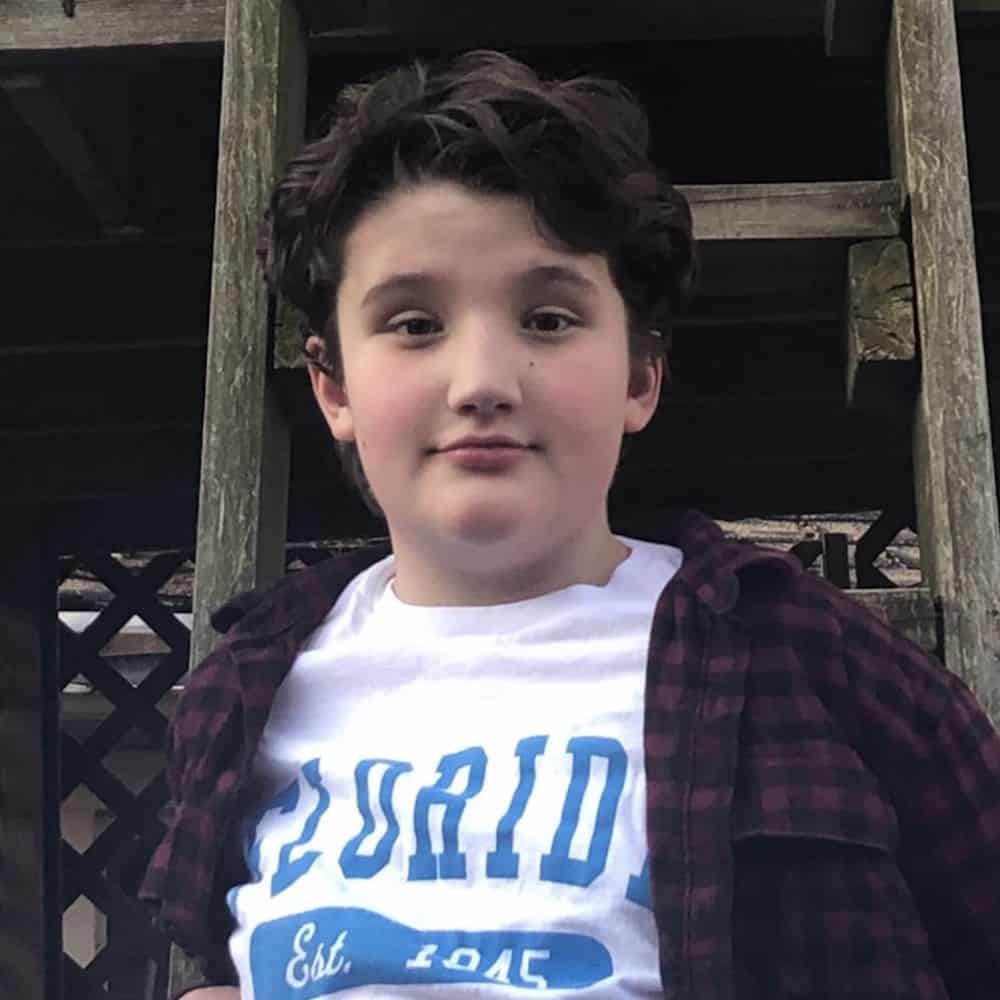







We keep our members up-to-date with our weekly blog posts featuring stories from our community, research summaries, event recaps, SRNA news, and more. In 2020, we posted 57 posts to our blog and had over 1,730 subscribers.
At a Glance
57
blog posts in 2020
> 1,730
subscribers
SRNA’s summer camp for kids diagnosed with a rare neuroimmune disorder and their families is a highlight for our community and SRNA. We get to embrace the friends we haven’t met yet or have only corresponded with via email or phone and catch-up with our friends from prior camps and events. Due to the COVID-19 pandemic, we made the difficult yet prudent decision to cancel our in-person camp session. The health and safety of our children and families are paramount in our decision-making. To not be together in-person when we look forward to it each year was not easy. Nonetheless, we knew what we shouldn’t do and quickly pivoted to what we could do once we knew being together in-person wasn’t possible.
Our pediatric community came together on Zoom. Our medical professionals showed up on their weekend off from their clinics and in-between their family duties to let our families tap into their knowledge and expertise. We were joined for the first time by members of our public health institutions to assist with questions and learn about all of our families’ needs. We put forth our best efforts to turn disappointment and worries of what the pandemic held for us into an opportunity to connect with some of our favorite people on this earth. Now, suppose we could only recreate the sensation of a hot, humid, Kentucky summer at CCK, and the exhilarating experience of Messy Games in a virtual environment…we’d be on to something! Our hearts are excited and ready to bring our families and community of amazing volunteers back together again just as soon as we can safely do so.
At a Glance
30
campers and their families signed up for the 2020 virtual quality of life family camp
13
medical professionals and volunteers also attended camp
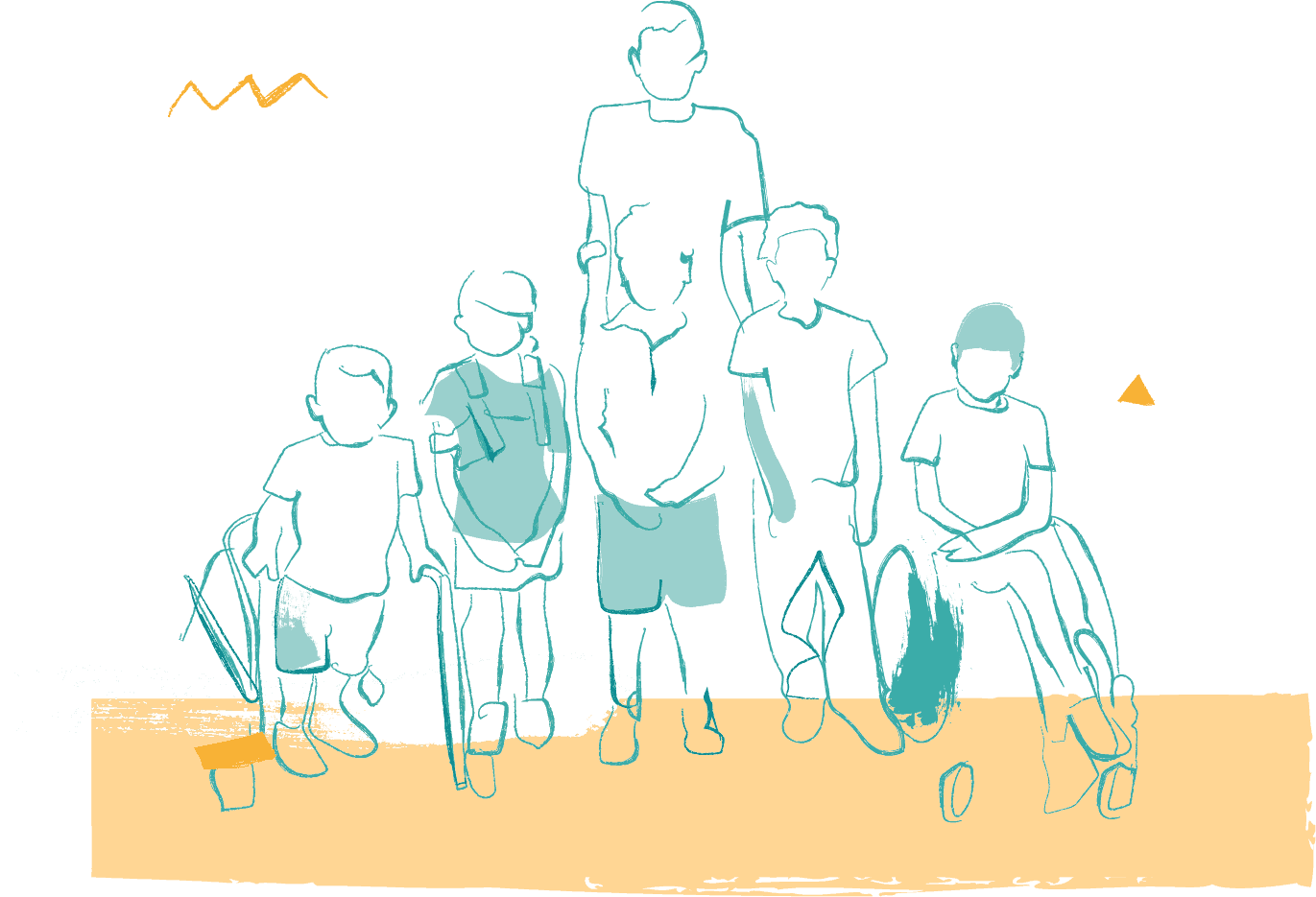
Care
We at SRNA care about the members of our community and work to ensure everyone has access to the most up-to-date resources. Our Medical Professional Network is a growing list of medical professionals who have experience in providing care to those with rare neuroimmune disorders. Our Myelitis Helpline is a tool for our community to quickly get answers to their questions and be directed to relevant information. Our Resource Library contains a collection of over 500 resources that help educate our community. In 2020, we held our Rare Neuroimmune Disorders Symposium virtually, where over 400 people gathered to learn about the rare neuroimmune disorders from the comfort of their home. Finally, in 2020, we rapidly responded to the COVID-19 pandemic by creating resources on the impact of this pandemic on our community.
It can be difficult to find medical professionals who have experience treating individuals with rare neuroimmune disorders. Our Medical Professional Network makes it easier by providing a directory of healthcare providers who have experience with these disorders. You can find providers by location, name, and specialty. The directory is constantly updated as we work toward making connections with healthcare professionals and educating the medical community about these disorders.
In August 2019, Nationwide Children’s Hospital launched a multidisciplinary pediatric Neuroimmunology Clinic, led by Dr. Melissa Hutchinson. Several medical professionals from this clinic joined our Network in 2020, which you can read about here.
At a Glance
12
new medical professionals added
The need for guidance and quick answers to questions about a rare neuroimmune diagnosis led to the creation of the Myelitis Helpline, a free online resource that allows those who have recently been diagnosed, or anyone at any point after the onset of a rare neuroimmune disorder, to get answers and support about living with their disorder and to ask detailed questions.
At a Glance
916
individuals supported through the myelitis helpline in 2020
SRNA has an extensive collection of information on rare neuroimmune disorders available, which are housed in our Resource Library. Podcast recordings, videos of presentations from past symposia, research summaries, information sheets, and more are available at no cost to anyone with internet access. In 2020, we added 71 new resources to the library.
At a Glance
71
new resources added in 2020
19
‘ask the expert’ and ‘ABCs of NMOSD’ podcasts hosted
> 1,771
podcast attendees
18 experts joined our Ask the Expert Podcast series in 2020 to share their knowledge and experience on a broad range of topics from COVID-19 and rare neuroimmune disorders and how to manage visual issues. Over 1,000 listeners joined these live podcasts that were moderated by members of the SRNA staff and community to ask questions, share their experience, and learn from the experts. The recordings in our resource library were accessed more than 6,000 times in 2020.
At a Glance
18
experts
9
‘ask the expert’ podcasts hosted
> 6,000
podcast listens
In 2020, we launched our newest podcast series, ABCs of NMOSD. This series brings together the latest information and research about all things NMOSD, from diagnosis and treatment to quality of life and what it’s like to live with NMOSD. Throughout the series, we invited medical experts and researchers to share the latest up-to-date research and clinical knowledge with us, answer questions about the diagnostic process, biomarkers, new therapies, relapses, and managing symptoms such as pain and fatigue. We hope this series positively impacted those living with NMOSD and helped our community be better self-advocates. ABCs of NMOSD was made possible through a patient education grant from Viela Bio, and was hosted in collaboration with The Sumaira Foundation for NMO, The Connor B. Judge Foundation, and the Guthy-Jackson Charitable Foundation.
At a Glance
16
experts
10
‘ABCs of NMOSD’ podcasts hosted
> 3,800
podcast listens
SRNA hosts an annual Rare Neuroimmune Disorders Symposium, where we bring together leading experts in the field of neuroimmunology and members of our community who are affected by a rare neuroimmune disorder for an educational event. Our 2020 Rare Neuroimmune Disorders Symposium (RNDS) took place on August 29th. While the event was originally scheduled to take place in Salt Lake City, we partnered with our co-host, University of Utah Health, to adapt the program to a virtual platform due to the COVID-19 pandemic. The virtual element of the event allowed for participants to join from countries across the world without the difficulty and expense of travel. Participants from Australia, England, Canada, Austria, France, Germany, India, Ireland, Kenya, the Netherlands, Norway, Pakistan, Poland, Portugal, Qatar, Scotland, Serbia, Singapore, Spain, Sweden, Turkmenistan, the United States, Venezuela, and Vietnam registered to attend, and there were over 400 participants.
At a Glance
26
presentations were given at the 2020 RNDS
> 7,314
2020 RNDS video views
425
participants at the 2020 RNDS
In 2020, 573 new members joined the association, including individuals diagnosed with AFM, ADEM, MOGAD, NMOSD, ON, and TM, relatives, and caregivers of people diagnosed, healthcare professionals, and others who have an interest in this cause. We created a brand new Membership Packet designed to provide new members with all the information they need on their diagnosis, the programs and resources SRNA provides, and opportunities to get connected with others who are diagnosed with a rare neuroimmune disorder.
In March 2020, SRNA launched our COVID-19 Resource Page, where we compiled resources and information to aid our community in finding answers to their questions about the virus. As the coronavirus (SARS-CoV-2, the virus that causes COVID-19) started to spread across the world, we recognized the importance of our community knowing and understanding the risks associated with this virus in the setting of a rare neuroimmune disorder.
We asked some of the medical experts from our Medical and Scientific Council to provide information and answer our community’s frequently asked questions about COVID-19. We interviewed Drs. Benjamin Greenberg, Michael Levy, and Carlos Pardo and provided their answers in a Q&A series on COVID-19 and rare neuroimmune disorders. We also launched a research study on the experiences of individuals with rare neuroimmune disorders during the COVID-19 pandemic.
Our goal was to understand how the pandemic was impacting our community and to gather information on how people with rare neuroimmune disorders may be affected by the virus. As COVID-19 vaccines were developed and distributed, we launched a multi-part Q&A series with Dr. Greenberg to help our community learn about the vaccines in the setting of a rare neuroimmune disorder. The series is ongoing and continues to be updated as more information becomes available.
We have more resources available on our COVID-19 Resource Page, including a podcast with Drs. Greenberg and Levy on the “Latest Updates on COVID-19 and Rare Neuroimmune Disorders,” a podcast with Dr. Lana Harder and Ana Hernandez on “Helping Children and Families Manage and Cope with Stress During COVID-19,” and a symposium video with Dr. Greenberg on “COVID-19 and Rare Neuroimmune Disorders.” We will keep the page updated with the latest information and developments.
Cure
There is currently no cure for ADEM, AFM, MOGAD, NMOSD, ON, or TM. SRNA’s Pauline Siegel Eclipse Fund for Research is dedicated to funding and conducting research to help better understand, treat, and ultimately cure these disorders. We fund research to better understand rare neuroimmune disorders. We also conduct research, including the SRNA Registry and a Vaccination Study. We fund the fellowship training of clinician-scientists who are specializing in rare neuroimmune disorders through the James T. Lubin Fellowship to help create more specialists and researchers who study these disorders.
As of March 2021, there were 531 participants in the registry. 73% of respondents were diagnosed with transverse myelitis, 9% with neuromyelitis optica spectrum disorder, 5% with acute disseminated encephalomyelitis, acute flaccid myelitis, and MOG antibody disease, and 3% with another disease or have yet to receive a diagnosis. Any individual diagnosed with a rare neuroimmune disorder, or the parent or caregiver of a child under 18-years-old who is diagnosed with one of these disorders, may participate. You can read more results here.
At a Glance
63
people participated in the SRNA registry in 2020
2020 was another exciting year for research on rare neuroimmune disorders. We know how important research is for improving the quality of life of our community and it remains a top commitment for us as an organization. We do this through The Pauline H. Siegel Eclipse Fund for research. This fund drives critical research priorities including improving diagnosis, understanding causation, investigating novel therapies, and restoring function. You can read all about the 2020 research advances in our research updates page.
At a Glance
7
funded research publications and presentations
SRNA completed the analysis of a study about experiences with vaccinations after a rare neuroimmune disorder diagnosis. The goal of the study was to understand and learn from our member community about their experiences with receiving vaccinations before and after a rare neuroimmune disorder diagnosis, with a focus on their experiences after diagnosis. The study involved participation in a survey administered using Surveymonkey and through postal mail. Respondents who reported that they experienced a repeat inflammatory attack within 30 days of receiving a vaccine were further requested to participate in an interviewer-administered questionnaire over the phone. Of those 600 who were randomly selected, 223 completed the survey. Thank you to all who participated in the study!
We hope to submit our findings to an academic journal in 2021 and will inform our community about any publications that are accepted. You can read more results here.
Questions
What percentage of individuals with rare neuroimmune disorders have received vaccinations after their diagnosis?
What has been their physician’s advice regarding vaccinations?
Of those who received vaccinations, what vaccinations did they receive, and did they experience any complications, including a new inflammatory attack 30 days or less after a vaccination?
The James T. Lubin Clinician Scientist Fellowship Award was established in 2008 to grow the number of clinicians and researchers dedicated to the field of rare neuroimmune disorders. This program supports up to two years of clinical care and research training in an environment where clinicians learn to use the most current scientific tools to treat and advance knowledge about rare neuroimmune disorders. Fellows are required to conduct a research study on one of the rare neuroimmune disorders. In 2020, SRNA continued funding the fellowship training of three clinician-scientists within the United States: Dr. Jonathan Galli joined us at the 2020 RNDS and gave a talk about Neuromyelitis Optica Spectrum Disorder (NMOSD) and Optic Neuritis (ON), and former fellow Dr. Michael Sweeney gave a talk about Acute Flaccid Myelitis (AFM).
At a Glance
7
funded fellows to date
$840,000
total fellowship grants awarded to date
4
training institutions
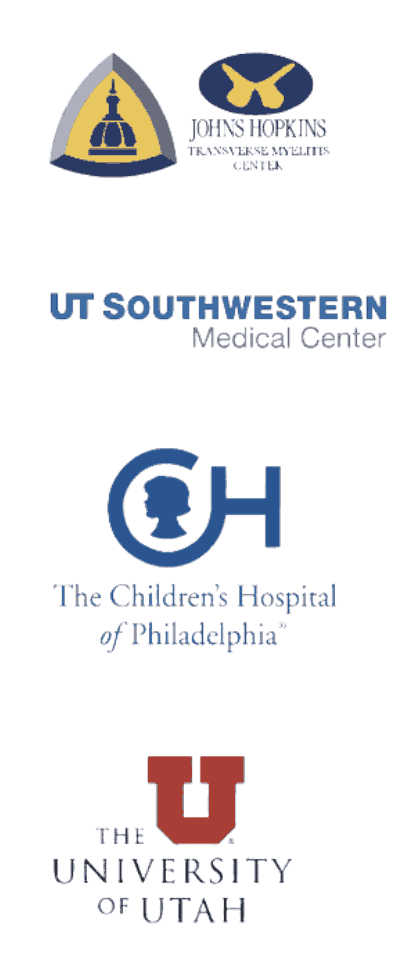
In response to the COVID-19 pandemic, SRNA was interested in how the pandemic was impacting our community, which led us to launch our COVID-19 study. The goal of the study is to understand and learn from the SRNA member community about their experiences with COVID-19, experiences accessing care during the pandemic, and other potential social challenges (e.g., job loss, issues accessing medication or other supplies). Some of those with rare neuroimmune disorders are considered high risk for severe COVID-19 disease, are on medications that suppress the immune system, or have complex, ongoing medical needs. Understanding these issues for our community during this pandemic allows us to create relevant programming and inform the medical community about the effects of this pandemic on those with rare neuroimmune disorders. The study involves participation in an interviewer-guided survey administered over the phone using Surveymonkey.
Join Us
We believe that everyone has a role in improving the quality of life of people with rare neuroimmune disorders. Whether you support us with your time, expertise, or funding, you will be a key player in helping us end rare neuroimmune disorders for good. Join us. We can’t do it without you.
Use Your Voice
You are your own most powerful advocate. Your own voice is the most effective in relaying your story and it must be heard! Share your story with your friends, family, and local community. Encourage and empower others through sharing your story on our blog or as a Hope Ambassador. Change begins when we speak up and make our voices heard!
Organize a Walk-Run-N-Roll
Begin locally. Start a Walk-Run-N-Roll in your community to raise awareness and funds for these rare disorders. Join others and share your experiences of living with or caring for someone with a rare neuroimmune diagnosis. These events are vital for emotional and fundraising support. Start planning today!
Start a Support Group
Sharing our experiences and learning together with others who truly understand what it is to live with or care for another with a rare neuroimmune disorder can be life-changing. Start a Support Group in your area to connect with others. Our own voices are powerful but just imagine what can be done when we come together as one!
Volunteer
Looking for a way to get more involved in a cause you care about? Become a volunteer with the Siegel Rare Neuroimmune Association! We are excited for you to show your passion to connect, care, and accelerate research for a cure for rare neuroimmune disorders. Contact us to learn how you can volunteer for SRNA.
Fundraise
Your fundraising fuels the programs that are improving the quality of life of individuals with rare neuroimmune disorders. From bake sales to dinner, auctions, and birthday fundraisers, they’re creative and inventive! You can collectively raise thousands of dollars and be the one responsible for the expansion of our research and education programs. Join us!
Join the SRNA Registry
Share information about your diagnosis in a patient registry that has been designed to learn more about the natural history of rare neuroimmune disorders, treatments and outcomes using standardized tools. By sharing your information, you will help advance research about rare neuroimmune disorders.
Want Support?
We are here for you. If you have questions or want to chat about different ways to get involved, give us a call at +1 (855) 380-3330 or send us an email at [email protected].
Donate
Our work is made possible through the generous support of our community. By choosing to donate to The Siegel Rare Neuroimmune Association, you are actively helping advance research, enhance clinical care, raise awareness, and advocate for those with rare neuroimmune disorders. Donate today!

Thank you
Our Board of Directors
Deborah Capen
Bruce L. Downey
Dave Evans
Anjali Forber-Pratt, PhD
Benjamin M. Greenberg, MD, MHS
Lana Harder, PhD, ABPP
Peter C. Johnson, MD
Douglas A. Kerr, MD, PhD
James Lubin
Linda Malecky
Carlos A. Pardo-Villamizar, MD
Jason Robbins
Barbara Sattler
Sanford J. Siegel, PhD
Dennis P. Wolf
Our Medical & Scientific Council
Audrey Ayres, RN, BSN, MSCN, CRND
Gregory N. Barnes, MD, PhD
Brenda L. Banwell, MD
Daniel Becker, MD
Julius Birnbaum, MD
James Bowen, MD
Janet M. Dean, MS, RN, CRRN, CRNP
Allen D. DeSena, MD, MPH
Jerome deSeze, PhD
Denise Fitzgerald, PhD
Donna Graves, MD
Benjamin M. Greenberg, MD, MHS
Lana Harder, PhD, ABPP
Anu Jacob, MBBS, MD, MRCP, DM
Adam I. Kaplin, MD, PhD
Douglas A. Kerr, MD, PhD
Charles E. Levy, MD
Michael Levy, MD, PhD
Joanne D. Lynn, MD
Maureen A. Mealy, RN, BSN, MSCN
Carlos A. Pardo-Villamizar, MD
Frank S. Pidcock, MD
Kathleen Zackowski, PhD, OTR
Our Sponsors
Associated Bank
Alexion Pharmaceuticals
Dignity Health (Barrow Neurological Institute)
Genentech
Horizon Therapeutics
Skyview Satellite Networks, Inc.
Surv-Kap
William Hancock | Glove Saver
Social Media at a glance
> 16,048
followers and subscribers
> 1,526
posts and videos shared
> 834,569
reach
Allocated expenses at a glance
In 2020, SRNA expended a total of $589,000, of which $493,000 was spent on research, education, and support programs. We are truly grateful for the sacrifices made by our community and appreciate your generosity. We are mindful of every dollar spent and continue to utilize thousands of hours of volunteer time to manage the organization.
Donations
2,230
total number of donors
$ 735,000
total donations
2.7%
of SRNA members donated
2021 Education Sponsors
All educational content and programs are solely developed by the SRNA staff, members of the scientific board and approved by Board of Directors.

